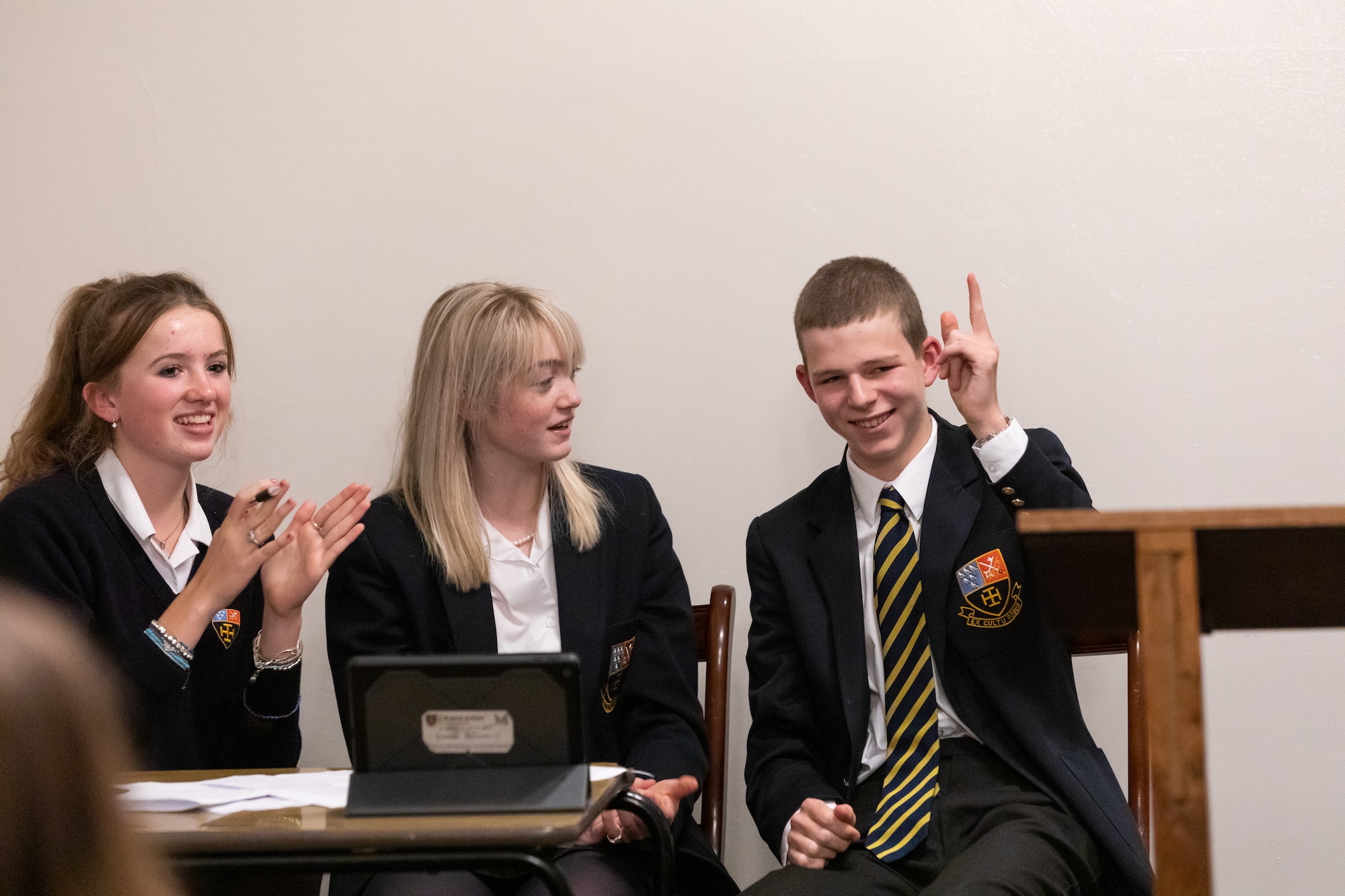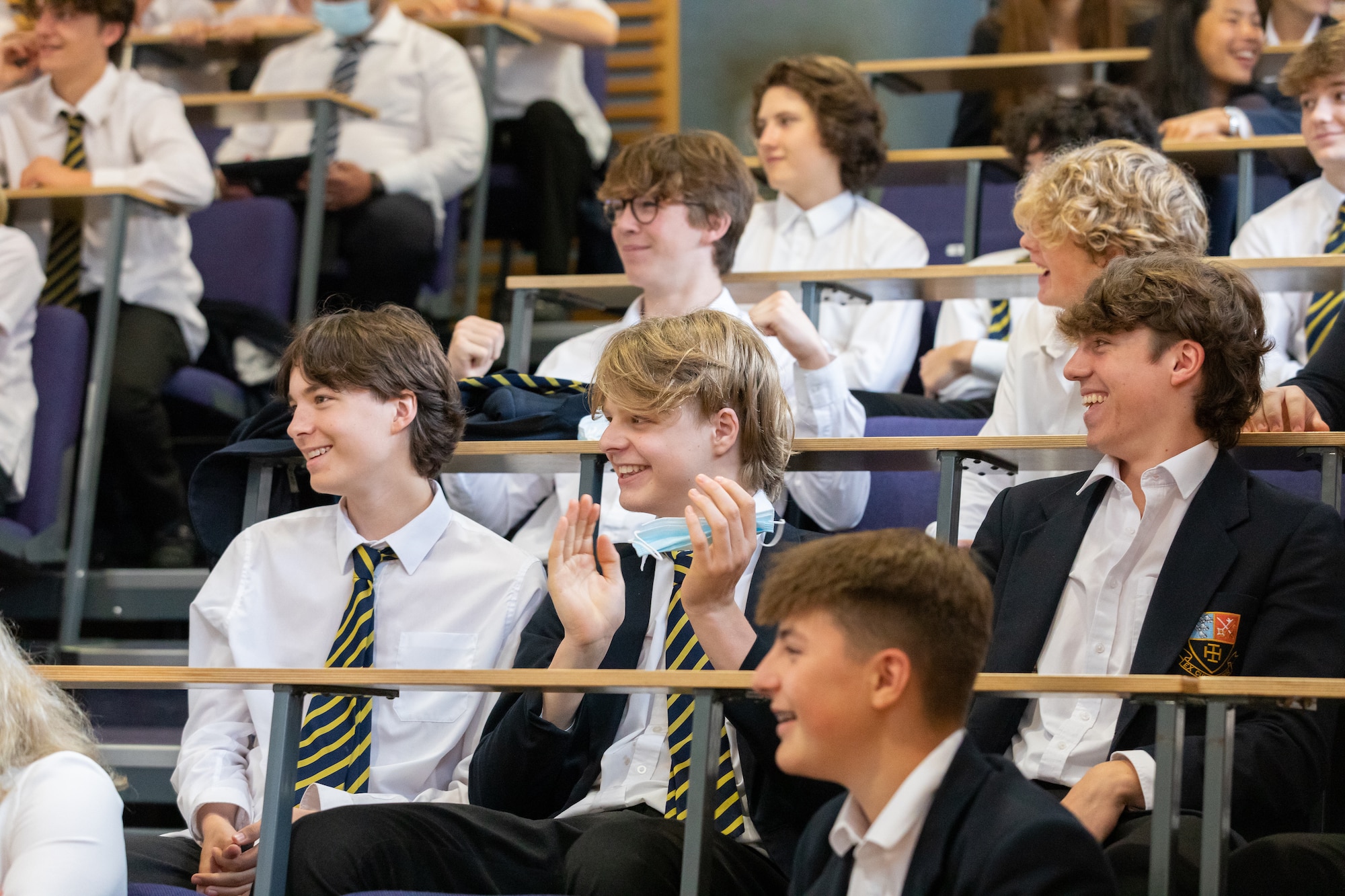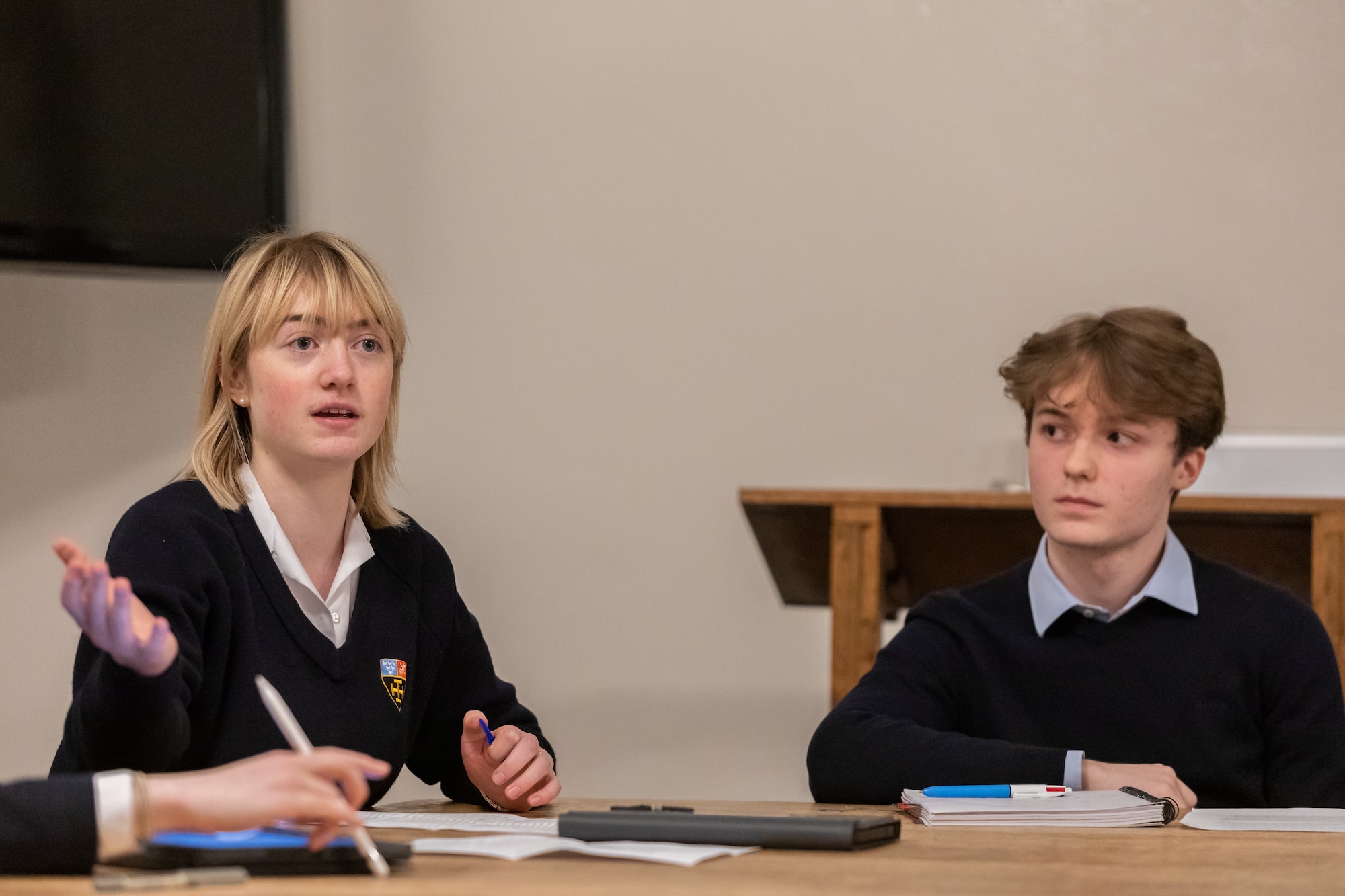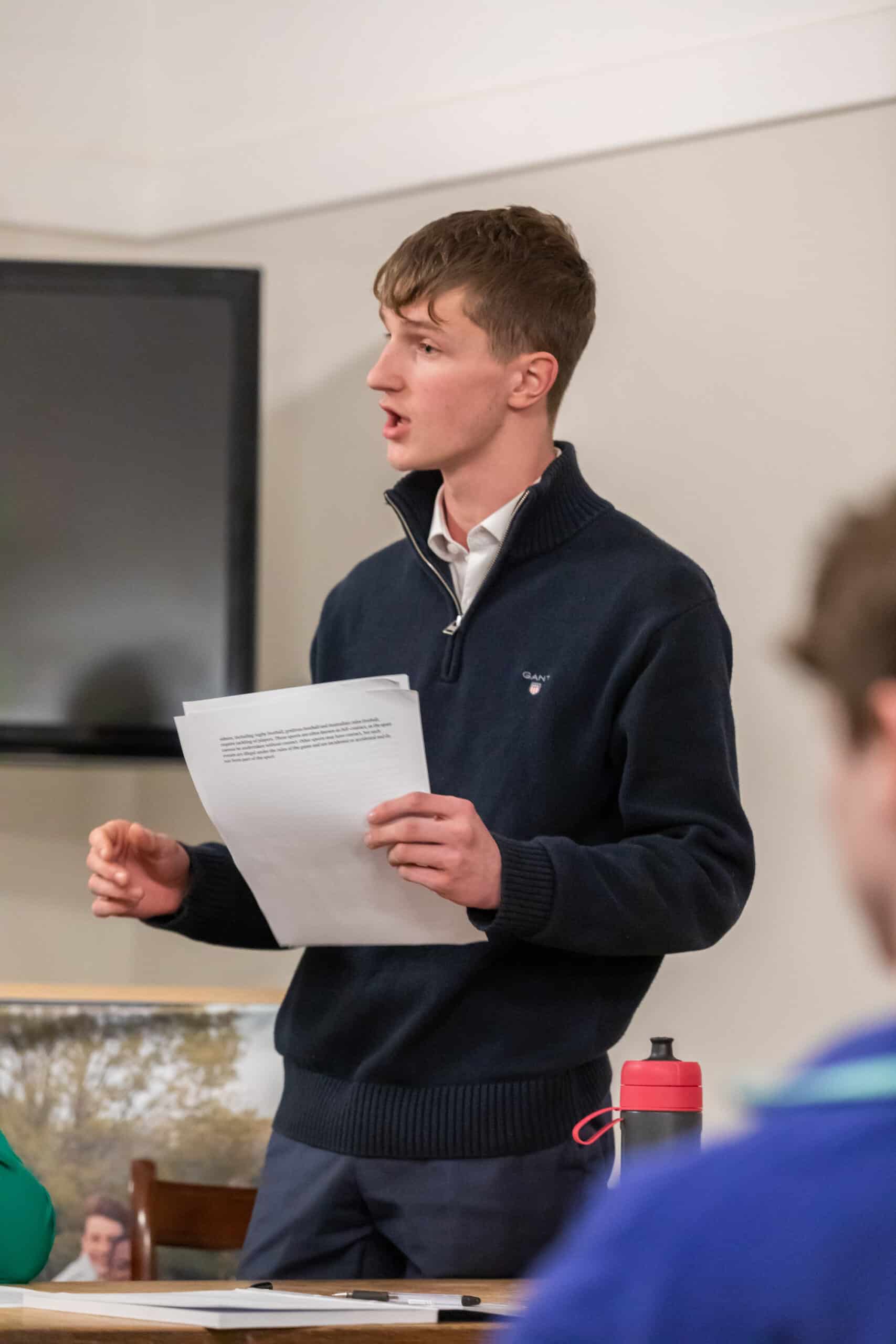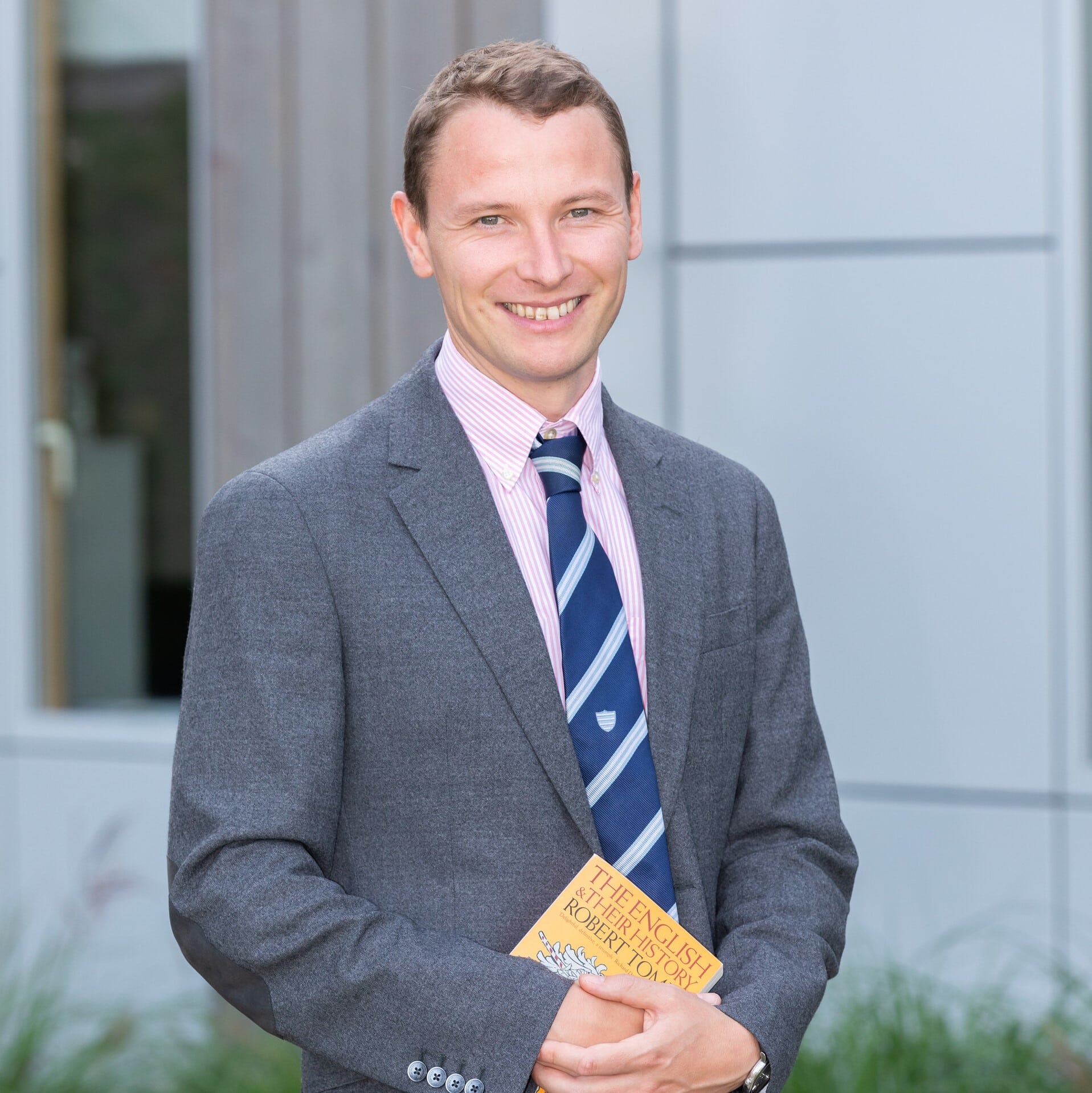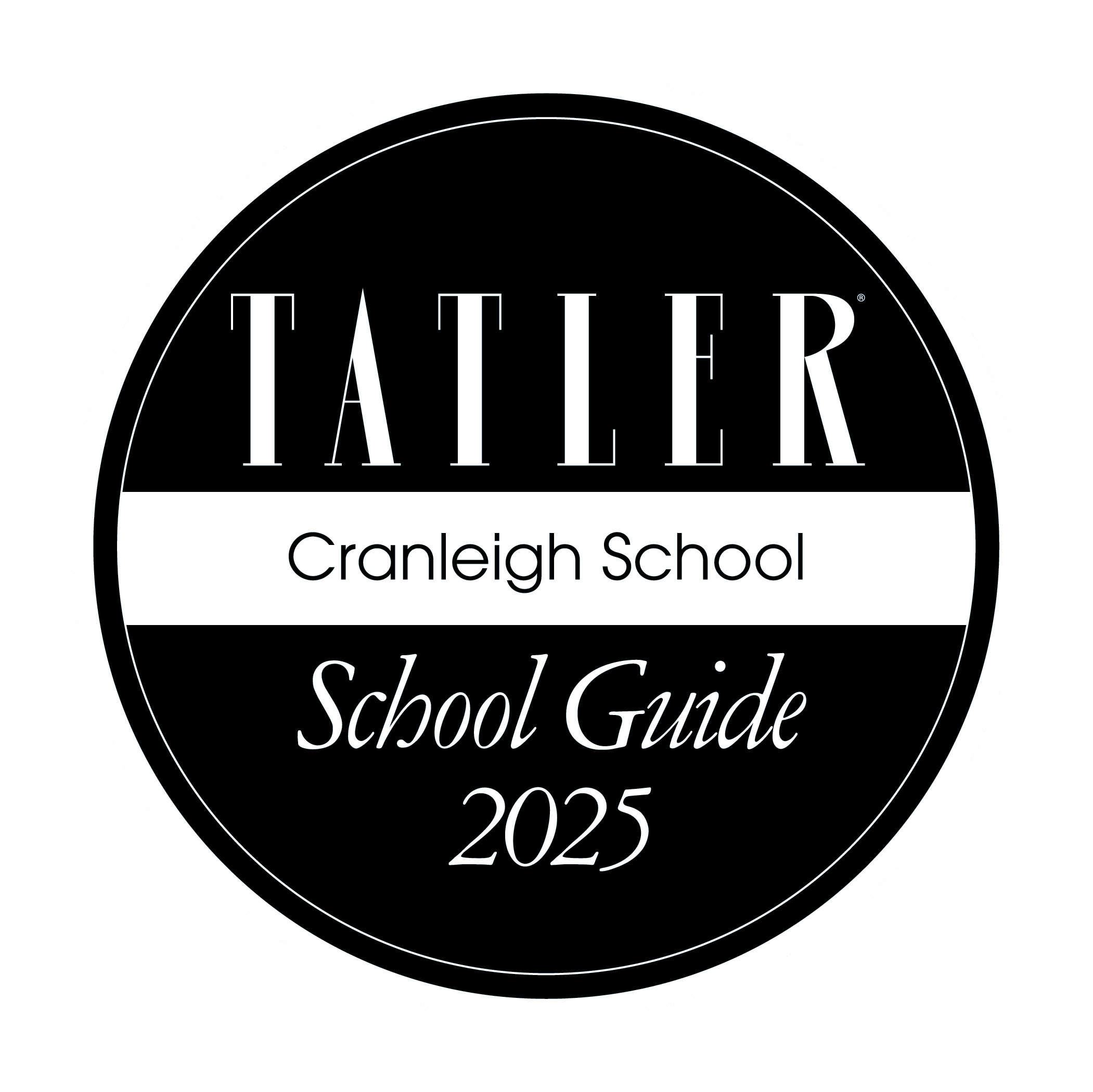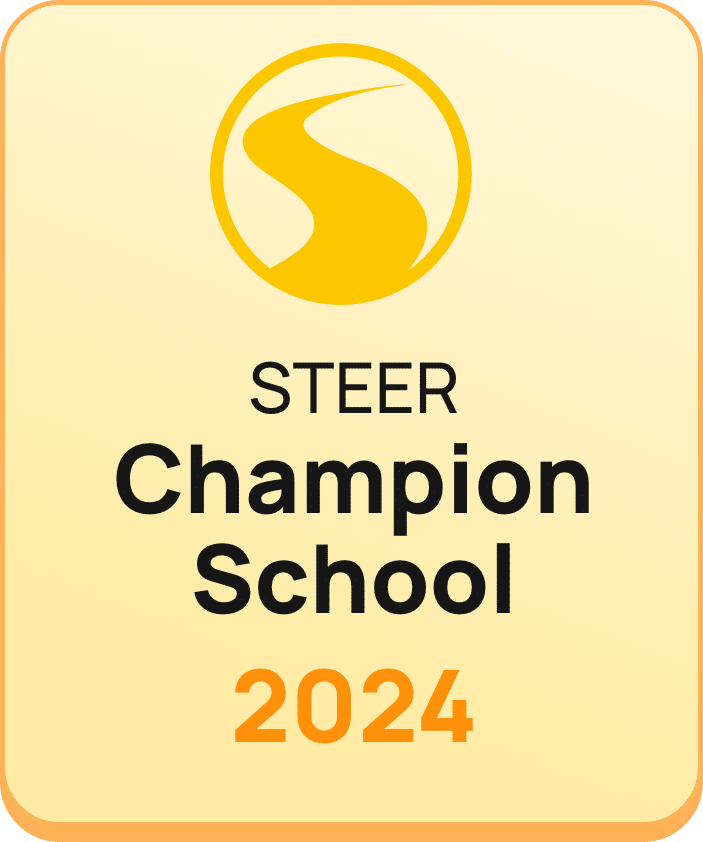Politics is an ever-changing subject that not only involves understanding how important decisions are made, but also the basis for the different views and ideologies that motivate decision-makers.
Pupils studying Politics at Cranleigh are interested in understanding what is going on in the world; they are generally keen readers of newspapers and magazines, followers of global events online and on TV, and are keen to question not only why certain events are happening, but also what the future holds for various individuals, governments and institutions.
Lower School
Upper School
Trips & Events
The politics department is always a very busy department, with weekly lunchtime meetings of the Knoller Society to discuss what is going on in the news. We run events to coincide with all major political events – in recent years this has included hosting local hustings for all prospective MPs for the Guildford constituency for the 2015 General Election, and running mock school elections. We have also hosted an EU referendum hustings event, and pupils have made podcasts to inform voters about the EU.
Every year, we run a politics department trip to Parliament. In conjunction with the History, Economics and Business Studies Departments, every two years we also run a trip to New York City and Washington DC. Whilst there, pupils learn about the history and politics of the USA.
Head of History & Politics
Will Davis
Head of History & Politics
